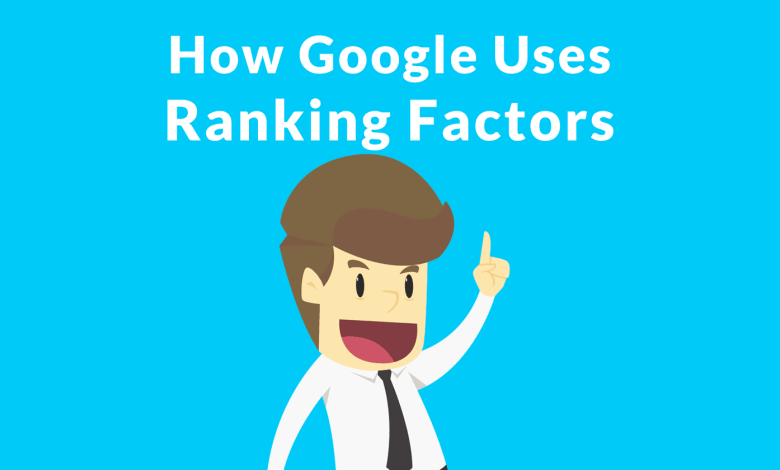
In a Webmaster Hangout, Google’s John Mueller discussed how Google uses ranking factors for websites. John indicated that achieving top ranking factor benchmarks isn’t the sole focus for ranking a page. He suggested that user satisfaction could be more significant than a ranking factor like speed.
This observation relates to speed being a soft ranking factor. It doesn’t undervalue the importance of fast download times, as speed is crucial for conversions and user satisfaction.
SEO and Ranking Factors
In the past, ranking in search engines involved focusing on specific factors and waiting for Google to rank the site. It was crucial to ensure your keywords were in the title tag, navigation, H1/H2 headings, near the top of the content, and in anchor text when linking to another webpage or site.
That mentality continued after the Hummingbird Update when some SEOs suggested using synonyms in title tags, headings, and content. This approach, which targets ranking factors, may miss the point by not focusing on people. As John Mueller clarified, the ranking process doesn’t prioritize speed as the sole factor.
Reviewing search engine results pages shows that top-ranked sites may not always have the most links, indicating that Google’s ranking isn’t solely about aligning with a list of ranking factors.
Why Slow Sites Rank Well in Google
This particular question involved site speed. John Mueller’s response addressed speed and expanded on links and content.
The Question:
“What about speed for the mobile version? …Why are many top sites still so slow?”
John Mueller’s Answer:
“The good part is that we have lots of ranking factors. So you don’t have to do everything perfectly. But this also means you might encounter situations like these, noting that speed is important but the top sites are slower, suggesting it might not be crucial. For us, it is important, but it doesn’t override everything else.”
This explains why a slow site can still lead in the SERPs, as speed is a soft ranking factor that can’t override others.
Mueller provided a hypothetical scenario concerning speed:
“You could imagine the fastest page being an empty one, right? But that would result in a poor search outcome for specific queries. It’s fast but lacks content, leading to unhappy users.”
Mueller expanded the discussion to include other factors like links and content:
“We balance all these diverse factors—the content, the links, and other signals—and figure out rankings based on this mix.”
This suggests ranking in Google isn’t just a checklist of factors but involves usefulness to the user in a specific context.
Mueller noted the mix of factors can change over time, such as when something becomes newsworthy, influencing which sites are prioritized.
Have Ranking Factors Evolved?
Ranking factors used to be like boxes to tick for top rankings. That’s no longer the case, though the idea persists.
Mueller’s point about a fast page not satisfying a search query highlights this:
“The user wouldn’t be happy.”
This doesn’t diminish ranking factors but offers insight into considering keywords from a user perspective and crafting content focused on users rather than solely on ranking factors.
More Resources
Images by Shutterstock, Modified by Author


